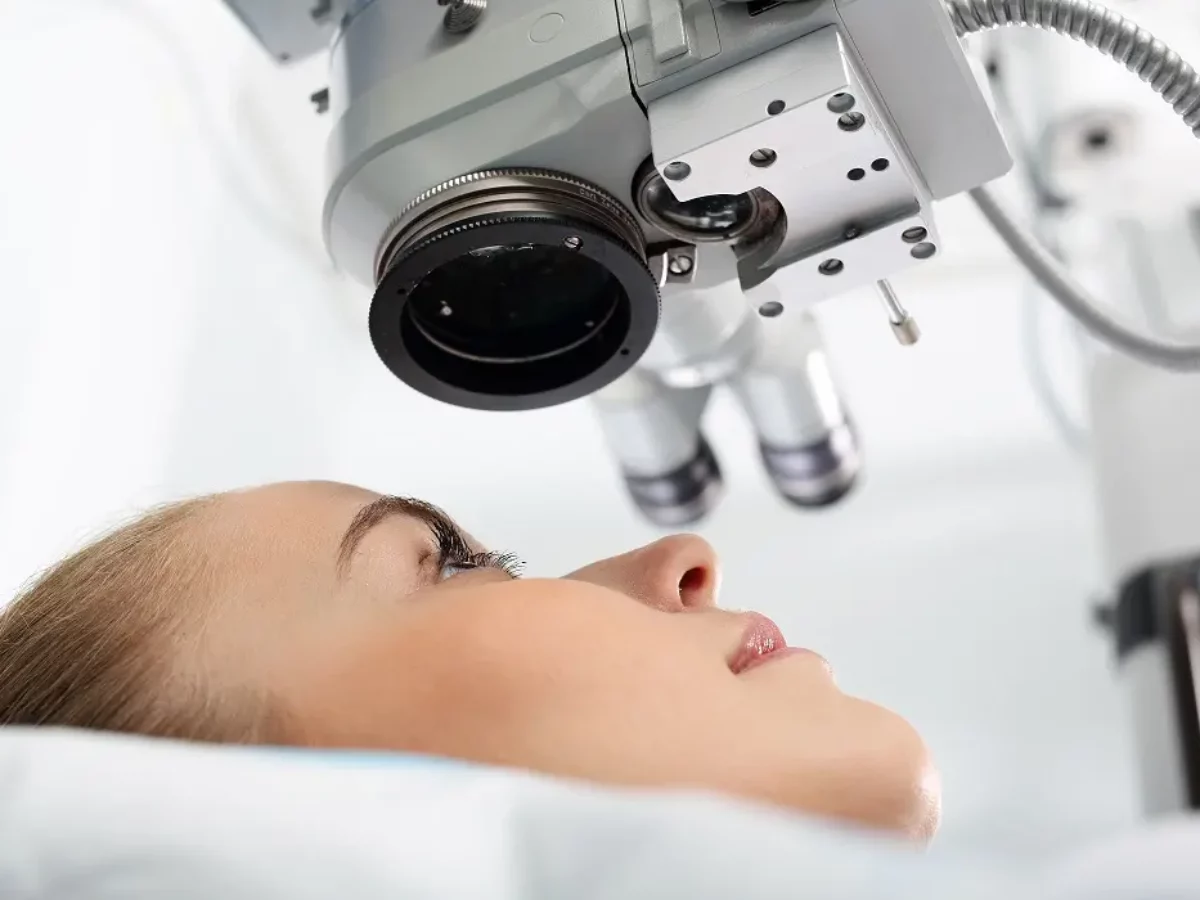All Categories
Featured
Table of Contents
Eye health is a critical element of overall health, and regular eye examinations play a vital role in keeping good vision throughout life. Each age has details needs and risks connected to eye wellness, making it vital to follow customized referrals for eye evaluations. Below's a thorough introduction of exactly how usually eye tests must be set up for different age teams.
After the first exam, youngsters should have a second eye assessment around age 3, when they can much better join testing and assessment. If no vision problems are recognized, the following test is suggested prior to starting school, commonly around age five. Early discovery of problems can bring about prompt treatment and assistance healthy aesthetic advancement.
Moms and dads need to look for indicators of vision problems, such as problem reviewing the blackboard, scrunching up your eyes, or experiencing migraines. It's essential to set up an eye test immediately if any of these signs arise. Youngsters that join sports may gain from annual eye examinations to guarantee ideal aesthetic efficiency and security throughout activities.
![]()
Young people typically experience electronic eye stress because of considerable screen time, bring about signs and symptoms like dryness and discomfort. Looking for an eye examination is vital if you see these signs and symptoms. An eye treatment professional can use options, such as computer glasses or way of living changes, to relieve pressure.
For individuals with wellness conditions like diabetes or hypertension, more regular tests might be required. Regular tracking is vital for early detection and monitoring of potential complications that can affect vision.
Seniors may also experience modifications in their aesthetic perception, such as problem seeing in low light or identifying shades. Normal eye tests permit timely intervention and aid keep independence and lifestyle.
Babies (0-2 Years)
Babies go through considerable aesthetic advancement in their very early years, making very early eye evaluations critical. The American Academy of Pediatrics advises that children have their initial eye exam at about six months old. This preliminary visit aids identify any kind of prospective vision problems, such as strabismus (gone across eyes) or congenital cataracts, which can impact growth otherwise attended to early.After the first exam, youngsters should have a second eye assessment around age 3, when they can much better join testing and assessment. If no vision problems are recognized, the following test is suggested prior to starting school, commonly around age five. Early discovery of problems can bring about prompt treatment and assistance healthy aesthetic advancement.
Youngsters (3-18 Years)
For school-aged children, regular eye tests are necessary for both academic success and general health. Kids need to have their eyes checked each to 2 years, depending on their individual requirements. Institutions commonly carry out vision testings, but these do not change detailed eye tests by an eye care professional.Moms and dads need to look for indicators of vision problems, such as problem reviewing the blackboard, scrunching up your eyes, or experiencing migraines. It's essential to set up an eye test immediately if any of these signs arise. Youngsters that join sports may gain from annual eye examinations to guarantee ideal aesthetic efficiency and security throughout activities.
Young Person (19-39 Years)
Throughout young their adult years, several individuals appreciate fairly steady vision, but that does not suggest eye treatment can be ignored. Youthful adults need to arrange thorough eye exams every two years. Those who put on get in touch with lenses or have a household history of eye condition need to think about annual tests.
Young people typically experience electronic eye stress because of considerable screen time, bring about signs and symptoms like dryness and discomfort. Looking for an eye examination is vital if you see these signs and symptoms. An eye treatment professional can use options, such as computer glasses or way of living changes, to relieve pressure.
Grownups (40-64 Years)
As individuals enter their 40s, modifications in vision can come to be extra noticeable, particularly presbyopia, a condition that makes it testing to concentrate on close items. Adults in this age team should set up eye exams every one to 2 years. This is likewise the age when several eye illness, such as glaucoma and diabetic person retinopathy, can begin to establish.For individuals with wellness conditions like diabetes or hypertension, more regular tests might be required. Regular tracking is vital for early detection and monitoring of potential complications that can affect vision.
Seniors (65 Years and Older)
Seniors are at a boosted risk for numerous eye illness, including cataracts, age-related macular deterioration, and glaucoma. It's suggested that individuals aged 65 and older have an eye exam at the very least yearly. Early discovery of these conditions is essential, as numerous can be treated successfully if captured early.Seniors may also experience modifications in their aesthetic perception, such as problem seeing in low light or identifying shades. Normal eye tests permit timely intervention and aid keep independence and lifestyle.
Conclusion.
Prioritizing eye treatment and regular check-ups guarantees that people can delight in clear vision and a much better top quality of life, making eye health and wellness an important aspect of long-lasting wellness. Routine assessments with an eye care expert will lead the means for healthier eyes and a brighter future.Latest Posts
Experience Coastal Style at Deauville Inn
Published Apr 11, 25
1 min read
A Historical Coastline Location with Modern Delights
Published Apr 08, 25
1 min read
Host Your Perfect Occasion: Location Rental Options for Every Event
Published Mar 22, 25
1 min read